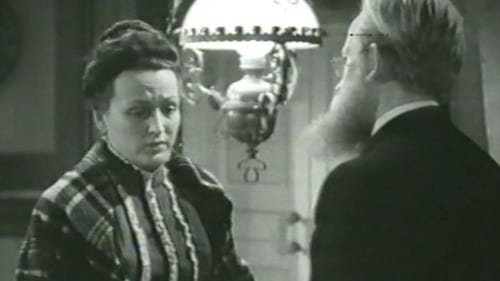Nikolay Miklukho-Maklay
Birth : 1846-07-17, Yazykovo-Rozhdestvenskoe, Novgorodskaya guberniya, Russian Empire
Death : 1888-04-14
History
Born (July 5 [July 17] 1846, Yazykovo-Rozhdestvenskoe, Novgorodskaya guberniya, Russian Empire, died April 2 [April 14] 1888, St. Petersburg, Russian Empire) - Russian ethnographer, anthropologist, biologist and traveler studying the indigenous population of the South - East Asia, Australia and Oceania, including the Papuans of the northeastern coast of New Guinea, called the Maclay Coast. Educated in Germany. In 1864-1869, 1870-1882 and 1883-1886 he lived outside of Russia, never staying at home for more than a year. He is the author of about 160 scientific papers, mainly articles and notes, which during his lifetime were published most often in German and English. Also known as the defender of the indigenous peoples of Southeast Asia and Oceania, he actively opposed the slave trade. As a scientist, he consistently adhered to the principle of the unity of the human race; He rejected the popular theories that black races, including the Australian aborigines and Papuans, were a transitional biological species from monkeys to Homo sapiens. At the same time, he considered the northeastern coast of New Guinea as an “ethnographic reserve”, which he claimed to possess alone. This pushed him on the path of political adventures, in particular - calls for the Russian colonization of the Maclay Coast, with the simultaneous creation of the Papuan Union - an independent state, whose head he sought to become. After the Russian government rejected this project, he made a simultaneous proposal to establish a protectorate for the governments of Great Britain and the German Empire (at the same time, in an appeal to Bismarck, Miklouho-Maclay called on Germany to guarantee that New Guinea would not be colonized). As a result, the Maclay Coast was turned into a German colony in 1884. Miklouho-Maclay's birthday is unofficially celebrated as a professional holiday for ethnographers.


